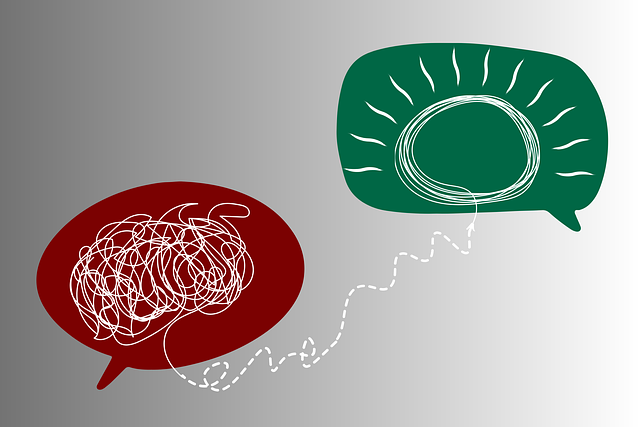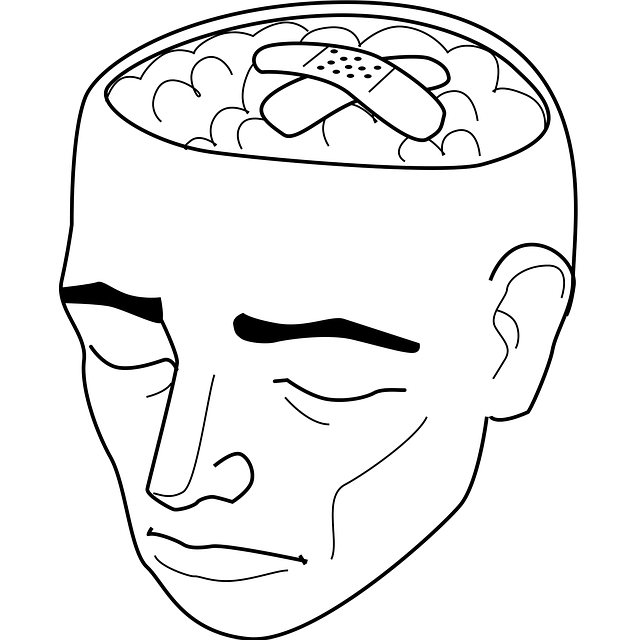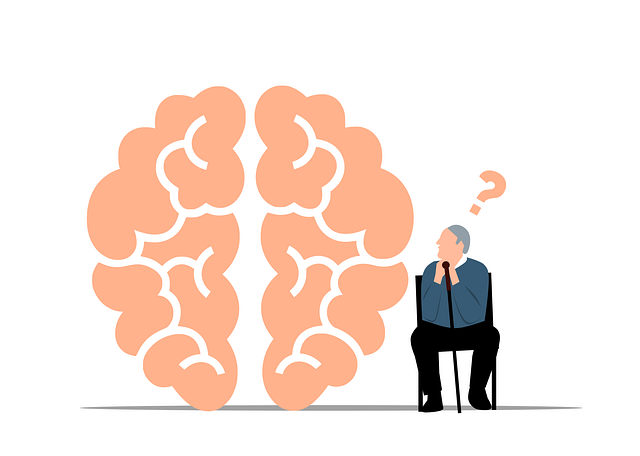Aurora American Sign Language (ASL) Therapy offers a specialized, effective approach to combat substance abuse among deaf or hard-of-hearing individuals by using ASL as the primary mode of communication. This method overcomes barriers and stigmas, fostering open dialogues about mental health and reducing risk factors through early intervention. By combining Inner Strength Development and Mental Illness Stigma Reduction, Aurora ASL Therapy promotes timely access to support systems, encouraging healthy coping mechanisms. Community outreach programs focused on mental health awareness and social skills training, led by organizations like Aurora ASL Therapy, are vital for long-term recovery by destigmatizing issues and empowering individuals with education and support networks.
Substance abuse poses significant risks, impacting individuals’ physical and mental health, relationships, and overall well-being. Understanding these dangers is crucial for implementing effective risk reduction strategies. This article explores comprehensive approaches to tackle this issue, focusing on early intervention, therapeutic methods like Aurora American Sign Language (ASL) therapy, community support systems, and preventive education aimed at youth. By combining these strategies, we can foster a path towards healthier, safer communities.
- Understanding Substance Abuse and Its Risks
- The Role of Early Intervention in Risk Reduction
- Therapeutic Approaches: Aurora American Sign Language (ASL) Therapy
- Community Support Systems for Long-Term Recovery
- Preventive Measures: Educating Youth and At-Risk Individuals
Understanding Substance Abuse and Its Risks

Substance abuse refers to the harmful use of drugs or alcohol, leading to negative consequences for an individual’s health, relationships, and overall well-being. It’s a complex issue that requires understanding and addressing its underlying causes. In Aurora, American Sign Language (ASL) therapy offers a unique approach to supporting individuals struggling with substance abuse. This therapeutic method utilizes ASL as a means of communication, catering to the needs of deaf or hard-of-hearing people. By incorporating ASL into treatment, therapists can create a more inclusive and accessible environment, fostering better engagement and understanding between client and therapist.
The risks associated with substance abuse are multifaceted. They include physical health issues such as organ damage, addiction, and overdose, as well as psychological consequences like depression, anxiety, and cognitive impairments. Additionally, substance abuse often exacerbates existing mental health conditions. Implementing community outreach programs that promote Mental Health Awareness and offer Social Skills Training can be pivotal in risk reduction. Such initiatives aim to educate individuals about the dangers of substance abuse, provide support networks, and teach essential life skills, thereby empowering people to make healthier choices.
The Role of Early Intervention in Risk Reduction

Early intervention plays a pivotal role in risk reduction strategies for substance abuse. Recognizing and addressing the issue at its early stages can significantly alter the trajectory of an individual’s life, preventing more severe consequences as they progress. Aurora American Sign Language (ASL) Therapy offers unique tools to identify signs of struggle within communities, particularly among individuals who may face communication barriers or those from diverse cultural backgrounds where mental health discussions are stigmatized. Through innovative ASL therapy sessions, at-risk individuals can learn to communicate their needs and seek help without the added hurdles of language or stigma.
This proactive approach aligns with Crisis Intervention Guidance, fostering a supportive environment that encourages open dialogue about substance abuse. By targeting early indicators and providing Inner Strength Development strategies through ASL therapy, communities can proactively reduce the risk factors associated with mental illness. Moreover, Mental Illness Stigma Reduction Efforts become more effective when coupled with early intervention, as it breaks down barriers to treatment, enabling individuals to access necessary support before turning to substances as a coping mechanism.
Therapeutic Approaches: Aurora American Sign Language (ASL) Therapy

Aurora American Sign Language (ASL) Therapy offers a unique and innovative approach to addressing substance abuse issues, particularly for individuals who are deaf or hard of hearing. This therapeutic method utilizes ASL as a primary means of communication, allowing for a more inclusive and effective treatment experience. By employing qualified ASL therapists, the program ensures that clients can express their thoughts and feelings openly, fostering a sense of comfort and trust.
The benefits extend beyond language; ASL therapy facilitates trauma support services by providing a non-verbal space where individuals can process and share their experiences without the barriers often associated with spoken language. This approach encourages positive thinking and empathy building strategies, as therapists can interpret body language and facial expressions more easily. As a result, Aurora ASL Therapy promotes a deeper understanding of clients’ emotional states, contributing to successful substance abuse recovery.
Community Support Systems for Long-Term Recovery

Building a strong community support system is integral to long-term recovery from substance abuse. This includes access to peer support groups, where individuals in recovery can find understanding and encouragement from those facing similar challenges. Organizations like Aurora American Sign Language Therapy play a vital role by offering specialized services tailored to the unique needs of the deaf and hard-of-hearing community, ensuring inclusive participation in these support networks. Such initiatives foster a sense of belonging and reduce feelings of isolation, which are key factors in preventing relapse.
Community-based programs focused on mental health awareness and education can also be life-changing. These programs aim to destigmatize mental health issues, such as depression prevention, by providing resources and training to recognize early signs of substance abuse or accompanying mental health disorders. Through Mental Health Education Programs Design centered around community engagement, individuals are equipped with the knowledge and tools to make informed decisions about their well-being, fostering a culture of resilience and proactive wellness.
Preventive Measures: Educating Youth and At-Risk Individuals

Educating youth and at-risk individuals about substance abuse prevention is a vital step in reducing risks associated with addiction. Early intervention programs can play a crucial role in shaping healthy behaviors and raising awareness about the potential dangers of drug use. Schools, community centers, and mental health professionals can collaborate to provide comprehensive education on topics such as peer pressure resistance, stress management, and emotional healing processes using innovative methods like American Sign Language (ASL) therapy, offered by experts at Aurora ASL Therapy. This approach ensures that messages are accessible and engaging for diverse audiences, fostering open conversations about substance abuse risks.
By integrating these educational measures into their communities, professionals can empower young people with the knowledge to make informed decisions and foster a culture of resilience against substance abuse. Regular risk assessments for mental health professionals can further identify individuals susceptible to addiction, allowing for timely interventions and personalized support. This multi-faceted approach addresses prevention, early detection, and treatment, ultimately contributing to a healthier and safer society.
In addressing substance abuse, a multi-faceted approach is essential. From early intervention to community support and education, these strategies collectively play a pivotal role in risk reduction. Specifically, therapeutic methods like Aurora American Sign Language (ASL) therapy offer unique benefits for those facing language barriers. By combining these tactics with preventive measures targeted at youth and at-risk individuals, we can foster long-term recovery and mitigate the broader societal impacts of substance abuse.










